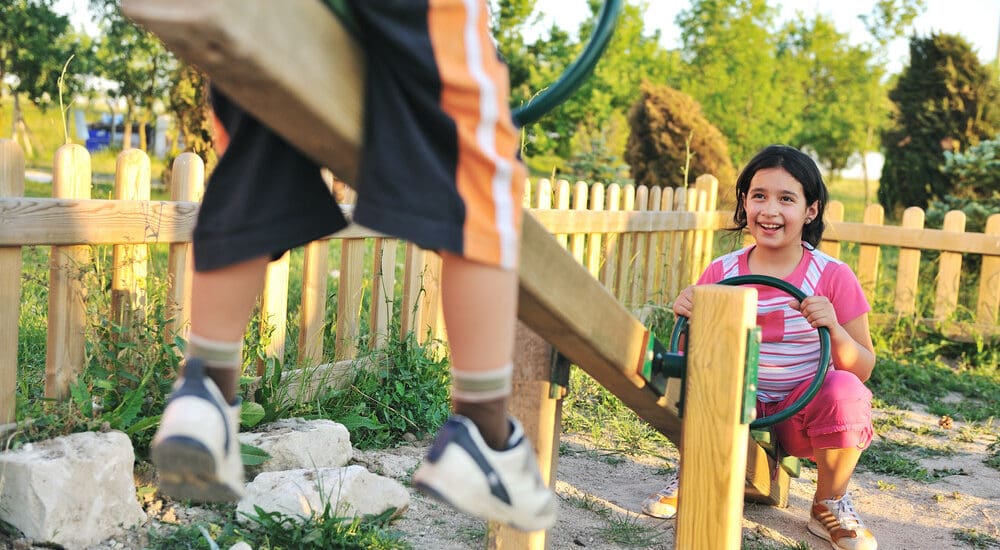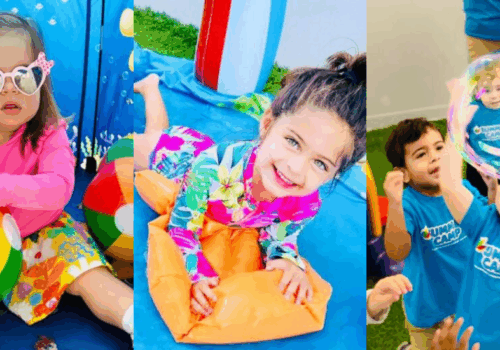Summer brings tons of fun, sunshine, and excitement for children and their families. It’s a…

The Importance of Active Play in Pre K: Fostering Physical Development in Early Childhood
Physical activity is an essential aspect of a child’s development, and this holds especially true for preschoolers or pre k students. Active play not only provides fun and enjoyment but also plays a crucial role in fostering physical development during the early years of childhood. Here’s more information about the importance of active play in pre k education and how it contributes to the overall well-being and growth of young children.
Building Strong Bodies Through Play
Active play, such as running, jumping, climbing, and playing sports, helps children develop strong and healthy bodies. These activities enhance muscle strength, flexibility, and coordination. When kids engage in physical play regularly, they are more likely to develop better motor skills, which are vital for everyday tasks like tying shoelaces, using utensils, and writing.
Improving Social Skills
Active play often involves interaction with peers, which provides an excellent opportunity for children to develop essential social skills. Through games and physical activities, preschoolers learn how to take turns, share, communicate, and cooperate with others. These skills lay the foundation for successful social interactions and relationships as they grow older.
Boosting Cognitive Development
Physical activity isn’t limited to the body; it also stimulates the brain. When children engage in active play, they improve their cognitive skills. For example, games that involve problem-solving or following instructions help enhance cognitive abilities. Additionally, physical play can contribute to better focus and attention, which can be beneficial in the classroom.
Creating Health Habits For Life
Fostering a love for active play in early childhood can set the stage for a lifetime of physical activity and healthy habits. When children associate play with fun and enjoyment, they are more likely to continue engaging in physical activities as they grow older. This can help combat the sedentary lifestyle that has become increasingly prevalent in today’s society and reduce the risk of health issues such as obesity.
It’s important for pre k students to have long periods of active play, as it helps to foster physical development in their early childhood. According to Children’s Medical Center, in general, the five stages of early childhood development. Those stages include the newborn, infant, toddler, pre-school, and school-aged phases. If you’re looking to enroll your child in a pre k program that offers active play, please take the time to tour our facility at The Learning World Academy. Call us now to learn more.







